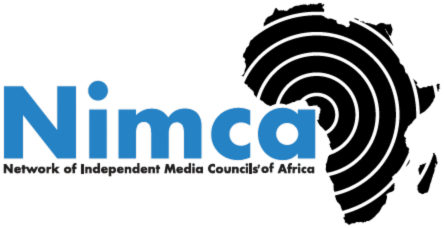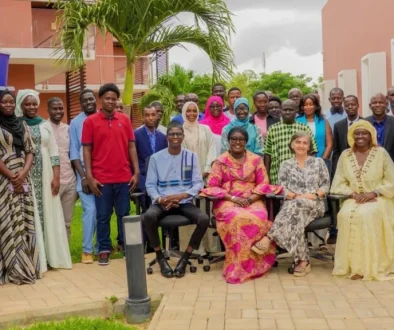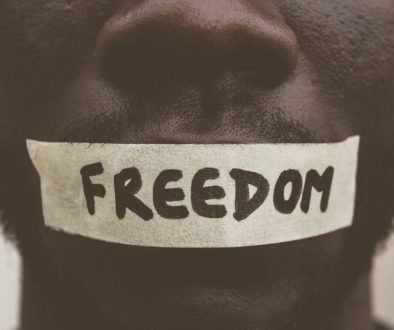Africa’s fact-checkers, rights groups troubled as misinformation grows


Meta is under renewed scrutiny for failing to moderate AI-generated misinformation targeting African users, as local fact-checkers and digital rights advocates warn of a widening enforcement gap that leaves millions vulnerable to scams and disinformation.
From manipulated videos of Nigerian TV anchors endorsing fake medical cures to deepfake ads featuring business moguls like Tony Elumelu promoting Ponzi schemes, Facebook and Instagram are increasingly being flooded in Africa with deceptive AI-generated content.
Yet Meta’s moderation responses remain slow, inconsistent, or absent altogether.
‘It often feels like Meta follows stricter laws in Europe, while in Africa, there’s little accountability,’ said Olayinka*, a Nigerian fact-checker who reported identical scam ads – only to see one removed quickly in Europe, while the other remained live for days
The FactCheckHub reviewed multiple AI-generated scam ads targeting Nigerian users. While similar content aimed at European audiences was swiftly taken down, African-targeted material often remained online, even after repeated reports.
In one instance, a Facebook ad using a deepfake version of broadcaster Olamide Odekunle promoted a fraudulent trading platform. Despite being flagged by users and media, the ad remained live for weeks. Odekunle, who is also one of Nigeria’s first AI news anchors, confirmed she did not consent to the likeness being used.
Another video falsely showed TV presenter Kayode Okikiolu endorsing miracle drugs and scams. ‘It was scary at first … then anger. I was being used to mislead people,’ Okikiolu told the FactCheckHub.
Experts say Meta’s phasing out of its third-party fact-checking programme in Africa and reliance on crowdsourced Community Notes is weakening safeguards, especially in countries like Nigeria and Kenya.
‘Meta has started withdrawing fact-checking partnerships where they’re most needed,’ said Kehinde Adegboyega of the Human Rights Journalists Network of Nigeria. ‘In South Africa, they launched an Election Operations Centre and multilingual moderation. In Nigeria, we’re left to fight these battles ourselves.’
Meta’s stated policies prohibit AI-generated misinformation and manipulated media. Yet the FactCheckHub found dozens of ads and videos – violating these rules – that remained online. Critics argue that Meta enforces its guidelines unevenly, applying stricter standards in the Global North than in African countries.
The issue goes beyond financial scams. Health misinformation – such as fake AI-generated videos promoting hypertension cures – has also circulated widely. One viral video even used a fabricated X post to falsely claim that former President Muhammadu Buhari had died in 2017.
‘These deceptions are emotionally and financially damaging,’ said Olayinka. ‘And Meta’s slow action only worsens the problem.’
Fact-checkers, journalists, and civil society groups are calling for Meta to:
- restore regional fact-checking partnerships
- invest in language-aware AI moderation
- launch election response centres beyond South Africa, and
- improve platform transparency and community reporting tools
‘AI is rapidly changing the information landscape, but without enforcement and local accountability, it becomes a weapon,’ said Adegboyega. ‘Africa should not be treated as an afterthought in global tech governance’
This investigation was produced with support from the Centre for Journalism Innovation and Development (CJID) and Luminate
SEAN WHITEHEAD
PICTURE: Ninthgrid/Pexels
This article was first published here




